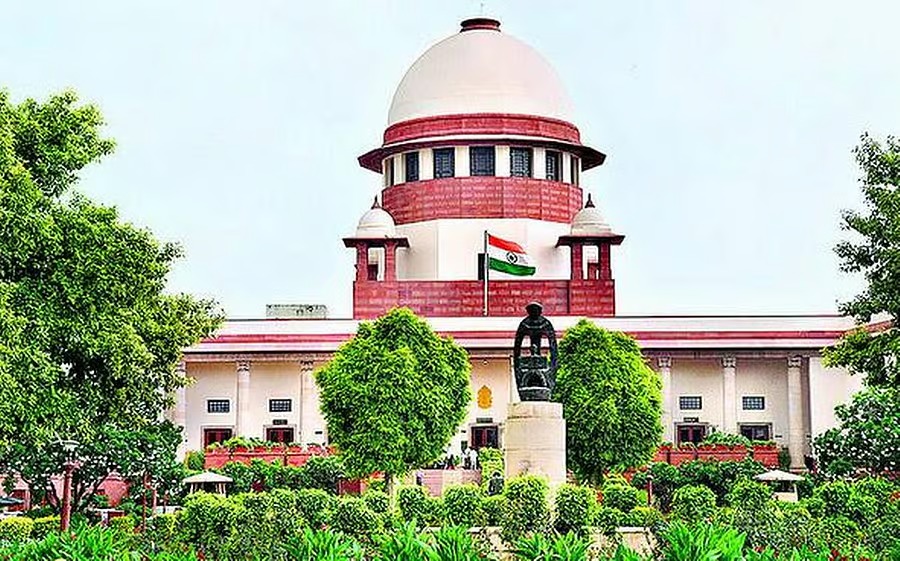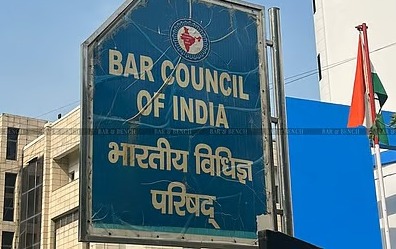Sulaiman, C.J.@mdashThis is an application praying that pending the disposal of the Privy Council appeal the proceedings in the suit pending in the Court below be stayed. The Collector, as representing the Court of Wards which was in possession of the estate of certain Hindu widows, withdrew the suit brought by him just about the expiry of the period of limitation. A reversioner, Beni Prasad, applied to the Court for being permitted to continue the suit. His application was dismissed, but on revision a Bench of this Court allowed his application and directed that he be brought on the record as the plaintiff in place of the Collector and be permitted to proceed with the suit. Leave to appeal to His Majesty in Council from the order passed in revision by this Court has been granted u/s 109(c) and is pending. See Atma Ram Vs. Beni Prasad and Others, The defendant now applies that the proceedings in the Court below should be stayed till the disposal of Privy Council appeal. A preliminary objection is taken on behalf of the opposite party that this Court has no jurisdiction to stay the proceedings. So far as Order 45, Rule 13 is concerned we are of opinion that, that rule does not cover the present application. Sub-rule (2)(a) and (b), do not obviously apply to this case. Sub-rule 2(c), cannot also apply because the application is not for the stay of the execution of the decree appealed from inasmuch as there is no decree in existence, much less is there any execution case. It is further clear that Sub-rule 2(d) also cannot apply because that deals with the power of the Court in placing any party seeking the assistance of the Court or giving other directions respecting the subject matter of the appeal. That sub-rule obviously refers to cases where a party is to be put (to certain terms or where some order has to be made regarding the custody or disposal of the subject matter of the appeal.
2. In the case of Ram Narain Vs. Harnam Das and Others, a Bench of this Court distinctly laid down that Order 45, Rule 13 has no application where the party applies for the stay of proceedings in the Court below as distinct from the stay of the execution of a decree. The learned Judges followed a Full Bench ruling of the Calcutta High Court in Lalitessur Singh v. Bhabessur Singh (1909) 1 I.C. 812 corresponding to 13 C.W.N. 690 in which it was clearly laid down that the High Court had no power to stay proceeding in a suit following a preliminary decree for partition against which it had granted leave to appeal to the Privy Council, as the Privy Council which had seizin of the appeal could alone do so. The learned advocate for the applicant relies strongly on the case of Sarat Kumar Roy Vs. Official Assignee of Calcutta and Others, , in which a Division Bench of that Court held that when an order was made by the High Court in appeal that a mortgage suit should be reheard and an appeal to England against that order was admitted and an application was made for stay of the hearing of the mortgage suit the order could be made if the materials before the Court warranted it, inasmuch as Order 45, Rule 13, Civil P.C. would cover the case and the Court would also have inherent jurisdiction to make any order that it may consider necessary in the circumstances. Apparently the attention of the learned Judges was not drawn to the previous Full Bench ruling of their own Court to which there is no reference in the judgment. It seems to us that we must, following the decision in Ram Narain Vs. Harnam Das and Others, hold that Order 45, Rule 13 has no application to the present case.
3. We are also not prepared to hold that there is an inherent jurisdiction in the High Court to direct Courts subordinate to it to proceed in a particular manner. Section 151, Civil P.C., does not confer any jurisdiction on the Court which did not already exist. It merely preserves the inherent power of the Court which it may possess. Varieties of inherent jurisdiction are well recognized, and new categories cannot be invented. Ordinarily such a power would be limited to its jurisdiction to deal with proceedings pending before it and would not include a wide jurisdiction over inferior Courts, otherwise it would be conferring power on the High Court even in excess of that conferred by Section 115, Civil P.C. There is however Section 107, Government of India Act, which confers upon the High Court the power of superintendence over Courts subject to its appellate jurisdiction. It has been held in several cases that this section refers not only to administrative acts of the subordinate Courts, but also to judicial acts. This section was not relied upon by counsel in Ram Narain Vs. Harnam Das and Others, and its applicability was not at all considered in that case. If Section 107 were interpreted in a wide sense it may well include the power to direct the Court below to stay proceedings in a suit pending before it. It is not however necessary for us to decide this point finally because, even assuming that this Court has power to stay proceedings, it would not be advisable in this case to make this order. In spite of all endeavour on the part of the defendant to expediate the hearing of the appeal before their Lordships of the Privy Council it cannot be certain that the appeal would be disposed of in a short time. One of the points in dispute in this case appears to be the alleged adoption of the defendant, said to have taken place in 1908. The plaintiff apprehends that much of the oral evidence may be lost or destroyed if the hearing of the case is delayad. The burden of proving the adoption may well be on the defendant, in which case it may be his duty to lead evidence in the first instance and the plaintiff would not then be called upon to produce my evidence until the defendant''s evidence on this issue is closed. The postponement of the hearing of the case would therefore involve some delay and there is a possibility of some oral evidence being test in the meantime. The only loss which the defendant can suffer would be the racsts incurred by him in defending the case and the time and labour spent. This can be adequately compensated for by an award of costs when the case is finally disposed of.
4. The plaintiff''s counsel himself offered to furnish security for coats if necessary. We think that the defendant would be sufficiently protected if the plaintiff were to deposit security for the costs of the defendant; in the Court below to the extent of Rs. 3,000. On condition of such security being deposited in the Court below to the satisfaction of that Court and on the understanding that the preparation of the record for the Privy Council would not be delayed on account of the proceedings in the Court below, we reject this application. We allow two months'' time to the plaintiff to deposit security sufficient for Rs. 3,000 in the Court below. In the case of failure of such deposit within the time fixed the defendant will be at liberty to move this Court again for a stay order.

